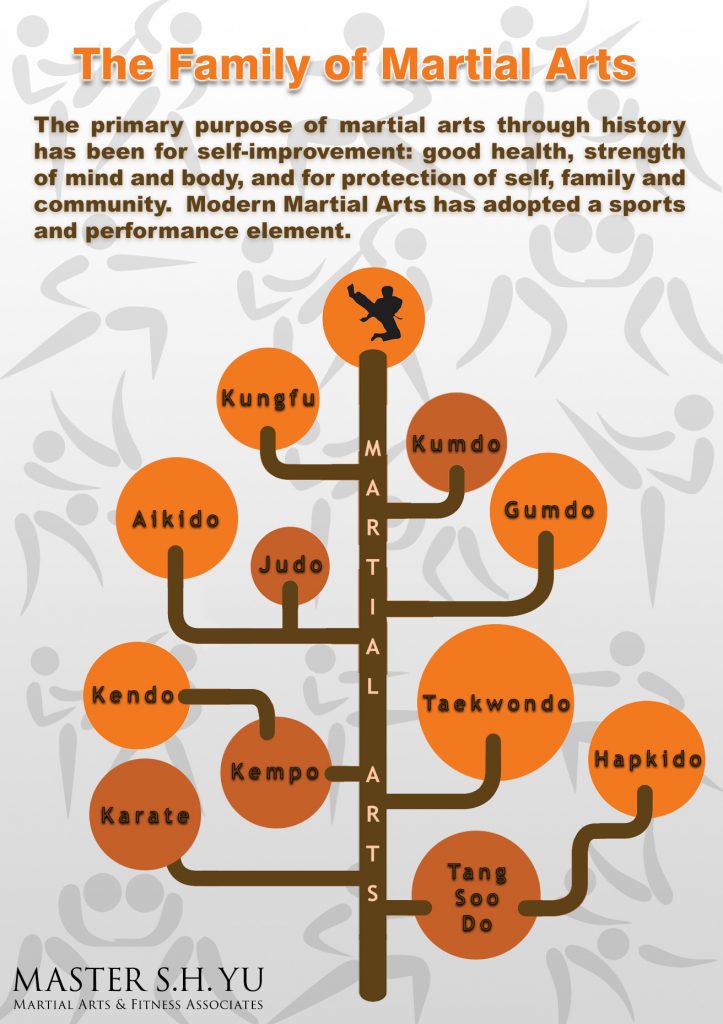The Background And Ideology Of Fighting Style: A Deep Dive
The Background And Ideology Of Fighting Style: A Deep Dive
Blog Article
Author-Ryberg Patterson
Enter the old globe where martial arts were born out of necessity in varied areas. Cultures crafted one-of-a-kind fighting styles linked with historic contexts. Techniques advanced over centuries with dedicated practice and social exchanges. Today, modern-day martial arts mix typical components for maximum performance. Philosophically, martial arts stress discipline, self-improvement, and harmony. Regard, humbleness, and balance are fundamental principles leading experts towards growth and strength. Discover the depths of this rich background and viewpoint to discover the profound impacts shaping this enduring discipline.
Origins of Martial Arts
Fighting style originated in different regions around the globe, evolving as sensible combat systems to resist hazards. These ancient fighting styles were developed out of necessity, with each society crafting techniques fit to their distinct environments and challenges. From the grappling arts of Jujutsu in Japan to the striking techniques of Martial art in China, martial arts were deeply intertwined with the historical, social, and social material of their particular cultures.
In Japan, the samurai class refined martial arts like Kenjutsu, the art of the sword, which later on progressed into the a lot more promoted form of Kendo. At the same time, in Brazil, Capoeira emerged as a mix of dance and combat, developed by enslaved Africans as a way to withstand fascism. Each fighting style brings with it a rich background and ideology, reflecting the values and beliefs of individuals that practiced them.
As you delve into the origins of martial arts, you uncover a tapestry of human ingenuity, resilience, and the stubborn spirit of warriors throughout time.
Development of Methods
With centuries of practice and improvement, combat strategies within different martial arts have actually gone through an extensive evolution. From ancient designs like Martial art and Karate to much more modern disciplines such as Brazilian Jiu-Jitsu and Krav Maga, the development of techniques has been driven by a mix of social influences, sensible applications, and technological advancements.
One considerable element of this advancement is the cross-pollination of methods in between different martial arts. As an example, methods from standard Japanese Jiu-Jitsu were incorporated into the production of Judo by Jigoro Kano in the late 19th century. This blending of styles has brought about the advancement of crossbreed martial arts like Mixed Martial Arts (MMA), which integrate elements of striking, grappling, and submission techniques.
Moreover, the advancement of techniques has been shaped by the enhancing emphasis on performance and performance in battle. Professionals have actually constantly sought to improve their strategies through rigorous training, experimentation, and competitors, causing the development of very specialized and effective combating styles. On the whole, the evolution of methods in martial arts mirrors the dynamic nature of fight and the recurring mission for renovation and innovation.
Philosophical Foundations
Discovering the underlying thoughtful principles of martial arts provides insight into their core values and directing beliefs. At the heart of lots of martial arts disciplines is the concept of discipline itself. By educating your mind and body to function as one natural unit, you grow discipline that extends past the dojo or gym right into day-to-day life. This discipline incorporates regard, humility, and self-control, forming not simply your physical capabilities but likewise your personality.
An additional fundamental philosophical structure in martial arts is the idea of continuous self-improvement. does martial arts make kids violent of grasping a martial art is endless, with experts constantly striving to far better themselves, both physically and emotionally. This focus on growth cultivates strength, perseverance, and a growth way of thinking that can be put on all facets of life.
In addition, martial arts stress the value of harmony and balance. Methods are designed to use an opponent's power versus them, highlighting the concept of producing and redirecting force instead of fulfilling it head-on. This philosophy extends to interpersonal connections, promoting tranquil resolutions and good understanding. By embracing https://english.news.cn/20230811/36f48fc9f00c48fcb7855942bd4f5bd6/c.html , martial artists not only improve their fight abilities however also cultivate a way of life fixated personal growth, regard, and consistency.
Final thought
To conclude, the history and ideology of martial arts supply an abundant tapestry of practice, discipline, and self-improvement.
Consider Related Web Page of Bruce Lee, that revolutionized martial arts by blending different styles and ideologies to create his very own distinct form of Jeet Kune Do.
With dedication and innovation, martial musicians continue to press borders and inspire others to reach their full capacity both in battle and in life.
